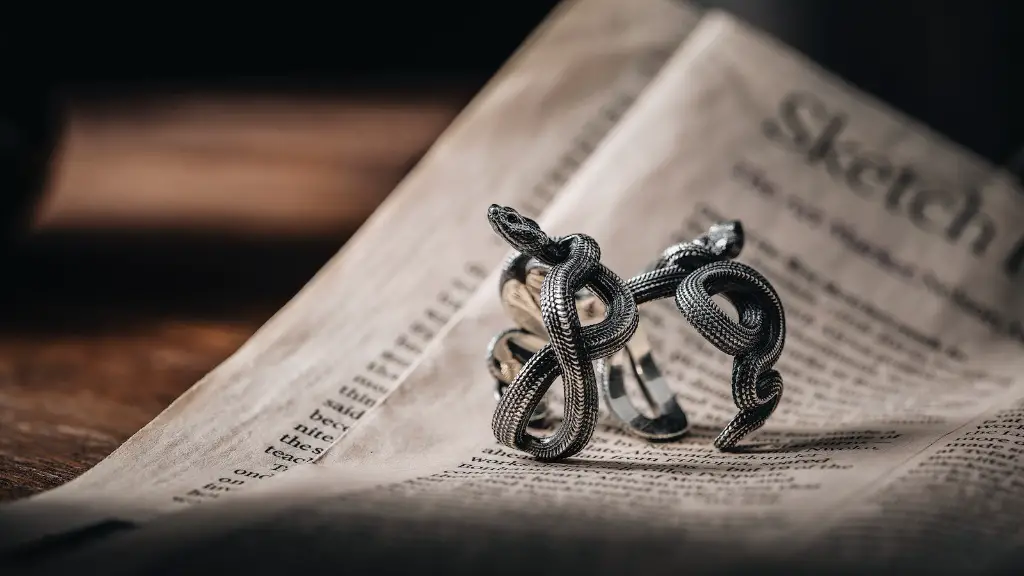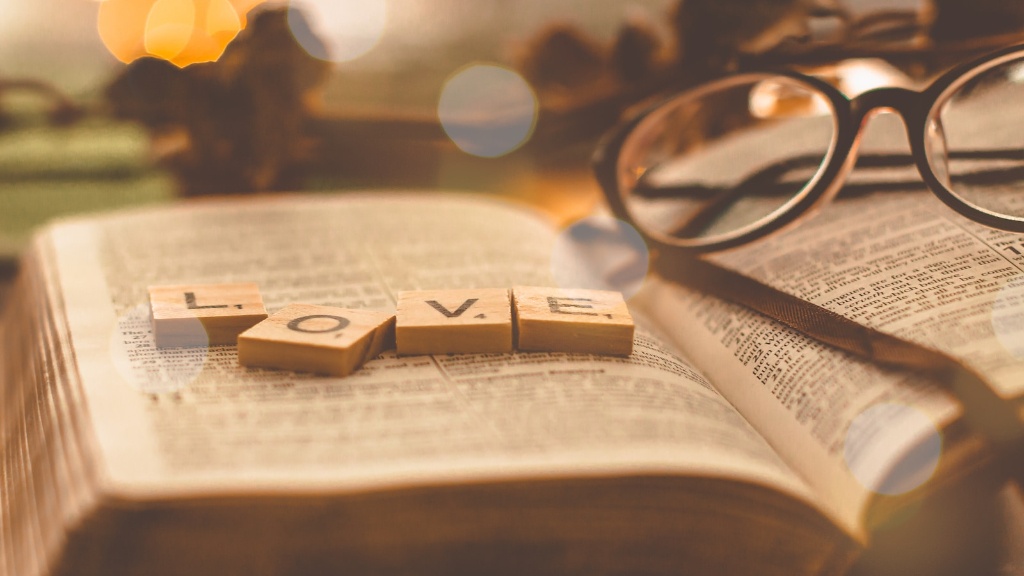Introduction
English poetry has a long and storied heritage from its origins in the Middle Ages through to the digital era of our present day. For almost a thousand years, poets have used language to explore and express human emotion, to give voice to experience, and to create beauty through the power of words. In this comprehensive critical history of English poetry, we will explore some of the most significant themes, trends, and events that have shaped the history of English poetry.
Middle Ages
The earliest English poetry dates back to the Middle Ages, when oral storytelling traditions combined with Latin, Anglo-Saxon, Norse, and French influences to produce a unique and evocative form of literature. The works of Anglo-Saxon poets such as Beowulf and The Seafarer, alongside the epics of The Alliterative Revival and Langland, painted a vivid picture of English society at the time and their legacy can still be seen in modern English poetry today.
Renaissance & Reformation
The Renaissance and Reformation saw a resurgence of interest in classical and biblical texts, resulting in a period of great literary innovation and fascination. During this time, poets such as William Shakespeare and Ben Jonson experimented with new forms of language and structure to create works of great literary complexity and beauty. This period also saw a greater focus on the individual and their personal experience, giving birth to the concept of the ‘solitary poet.’
Romanticism & Symbolism
The Romantic period saw a move away from the intellectualism of the previous age towards a focus on more emotive and personal expressions of feeling. Poets such as Wordsworth, Blake, Byron, and Shelley wrote lyric poetry in which they explored the power of nature and sought to capture the essence of the human experience. This period also saw the rise of poetic symbolism, with poets borrowing from religious and metaphysical symbols to convey deeper messages in their works.
Victorian Poetry
The Victorian period saw a move away from the Romantic preoccupations with emotion and individual experience towards a focus on social issues and the role of society in an increasingly industrialised world. The writings of Alfred, Lord Tennyson, Robert Browning, and Elizabeth Barrett Browning interrogated the impact of industrial development and the changing roles of women in this new age.
Modernism & Impressionism
The early part of the 20th century was dominated by the poets and writers of the ‘Modernist’ period. Poets such as T.S. Eliot and Ezra Pound sought to explore the forces of darkness and chaos that they believed was threatening society, while creating works of experimental style and form. Poets such as Wilfred Owen, Siegfried Sassoon, and Ivor Gurney explored the impact of the First World War through a series of carefully constructed poems that poignantly captured the emotions of the time.
Postmodernism & Performance
The later part of the 20th century saw the emergence of ‘postmodernism’ in English poetry, a period that focused on language and our relationships with others in a fractured, globalised society. Postmodern poets such as Seamus Heaney and Ted Hughes experimented with new forms of language and imagery, often exploring the complexities of modern life and its moral dilemmas. This period also saw a greater focus on performance poetry, with the poetry ‘slams’ of Tate and Pinsky and the theatrical productions of Adrian Mitchell and Gavin Ewart.
Digital Poetry & Future Prospects
The digital era has seen an explosion of interest in the use of language to communicate in new ways. English poetry has been enriched by the emergence of digital formats such as free-form poetry, hypertext poetry, and visual poetry, which have allowed poets to explore the creative potential of technology and its relationship with language. Technology has also enabled poets to engage with a wider audience, allowing their works to spread faster than ever before.
It is exciting to see what the future holds for English poetry and many argue that technology will continue to play an important role in opening up new avenues of creativity and expression. As the world becomes ever more connected and accessible, English poetry will become more global and more diverse, with poets from all corners of the globe being able to share their works and insights to a wider audience.
Aesthetic Revolution & Arts Activism
English poetry has seen a substantial resurgence in recent years with the emergence of what is often referred to as ‘aesthetic revolution’, a movement focused on creating art that is meaningful and relevant to contemporary society. Through aesthetic revolution, English poetry is being used as a form of political protest, with poets such as Hollie McNish and George the Poet challenging the status quo and speaking out against social issues such as racism, sexism and poverty. Alongside this, English poetry has also embraced the more inclusive forms of ‘arts activism’, which encourages people of all ages and backgrounds to come together and engage in creative activities.
Popularity & Relevance
As English poetry continues to evolve, it is clear that its popularity and relevance remains strong. We are seeing a rise in the presence of English poetry in popular culture, with spoken word acts such as Kate Tempest, Andrew McMillan, and Hollie McNish performing at major music festivals and on the stages of some of the world’s largest theatres. It is also encouraging to see how poetry is being embraced by younger generations, with schools and universities now offering a range of courses dedicated to the study of English poetry.
Conclusions Drawn
In conclusion, English poetry has seen a long and varied history and its influence is still felt all around the world today. From the oral storytelling traditions of the Middle Ages to the digital forms we are seeing today, poetry has the ability to capture the essence of the human experience and to provoke feelings of joy, sorrow, hope and despair. English poetry has the potential to move us, to challenge us, and to educate us, and it is these qualities that have ensured its enduring popularity and relevance.


